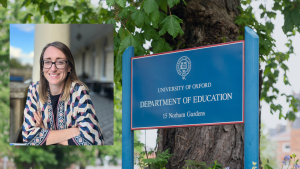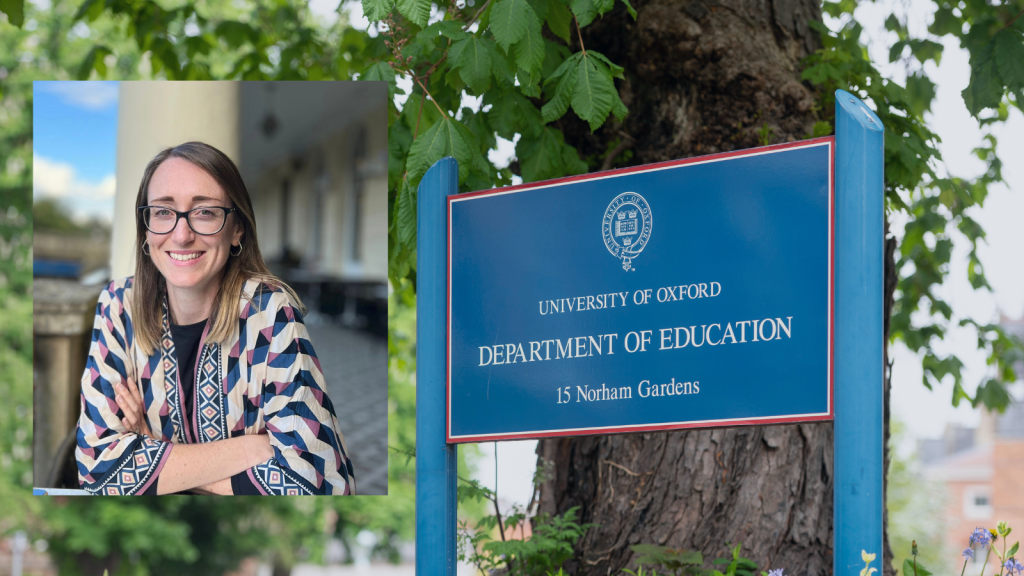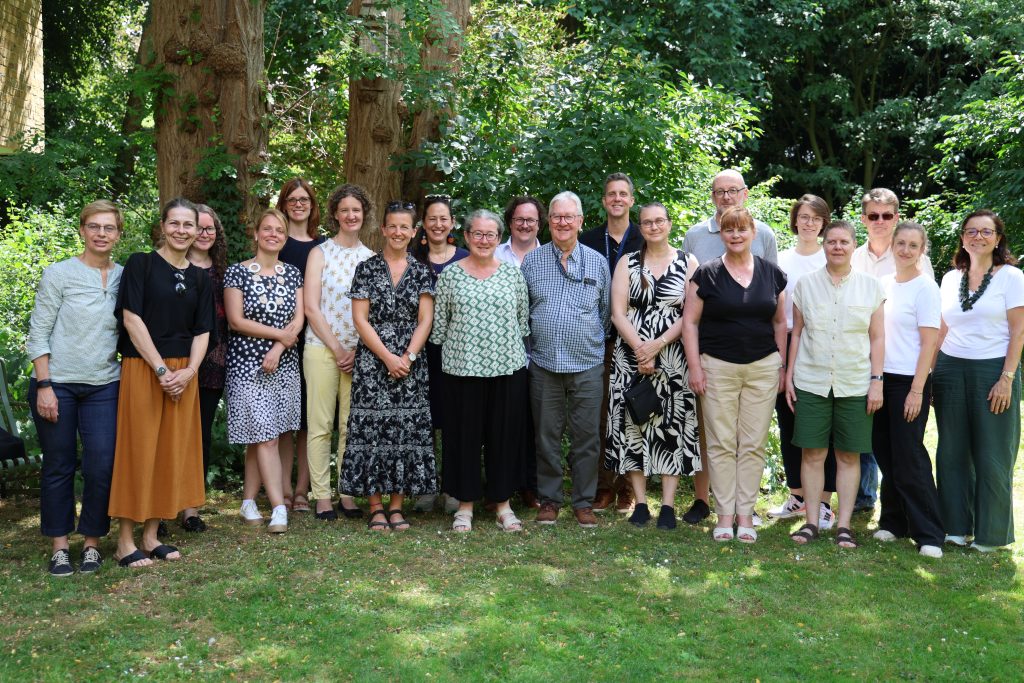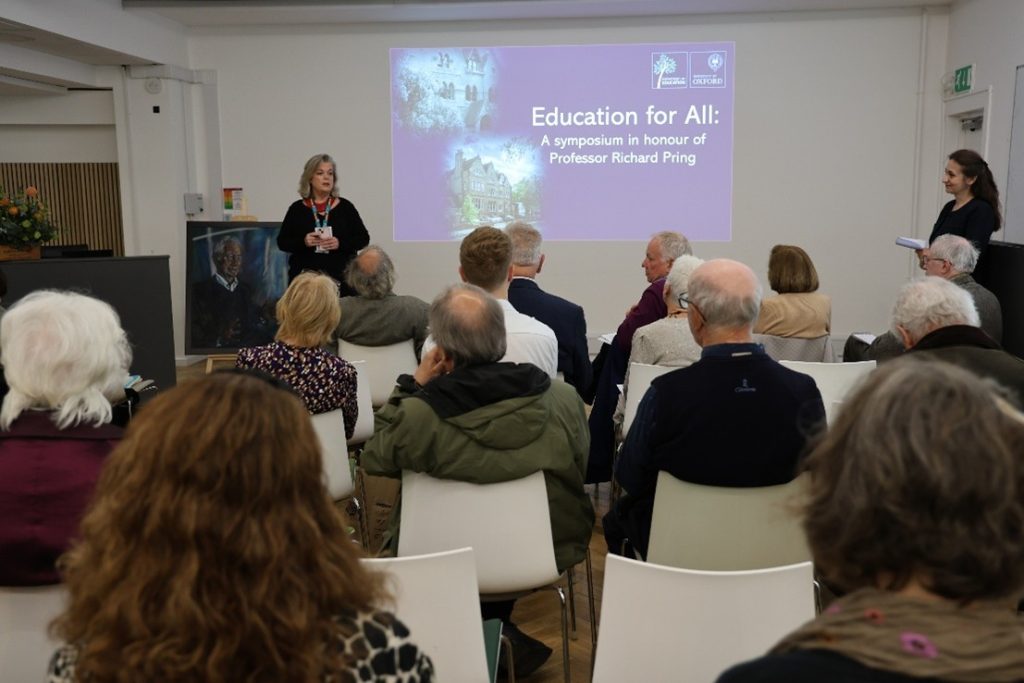New research from Oxford’s Department of Education has revealed the current picture of mental health and diversity support in schools in the Midlands.
The research compiled feedback from 48 primary and secondary mainstream schools in Birmingham and the Midlands, with nearly 25,000 pupils being discussed. It was funded by the National Institute for Health and Care Research (NIHR) Oxford Health Biomedical Research Centre.
Departmental Lecturer of Child Development, Dr Julia Badger, who led the project said: “One of the key phrases which sticks in my mind from feedback from staff about supporting pupil mental health in schools was ‘help us please – we were never trained for this’. That really shows the desperate impact on staff trying to navigate mental health issues in schools. Then add in the diverse backgrounds and needs of the pupils and you can start to understand the complexity for staff.
“We know that pupils and staff come from a wide range of backgrounds and cultures in Birmingham and the Midlands and that this might influence their understanding of what mental health is and how to look after it. This research gathered data on what resources schools can currently access, their current priorities and concerns, and essentially, what they need.”
Birmingham is the second most diverse city after London. Twenty-eight of the schools interviewed for the research are in the top 20% of the most deprived areas in England.
Staff, from schools surveyed, said they prioritise open communication with families about pupil mental health, schools actively try to support staff with their own mental health, and they use effective pupil mental health monitoring and alerts.
However, staff said they want to focus on accessing culturally appropriate resources and mental health programs, increasing parental understanding of mental health and they want help to improve communication with families around mental health and cultural values.
Julia continued: “We’ve found that culturally appropriate programmes and resources are often either not available, or are not obviously available, to schools. Other challenges for schools around supporting pupils with mental health include variable engagement from parents, finding programmes that support pupils with special educational needs and disabilities, differences in family values around mental health, and staff confidence in knowing how to identify and deal with a variety of mental health needs. So the challenges are broad.
“Interestingly, we also found out that schools do have resources available in place for some of the things that they are most concerned about such as anxiety and attention difficulties, but that they want and need further support in additional areas of concern such as emotional regulation and self-destructive thoughts.”
Julia will now present data from the research to the WISDOM Research Network and the British Research Council Mental Health in Development team and wider collaborators.
The WISDOM (working in schools to deliver on mental health) Research Network, which Julia is a member of, brings together primary and secondary schools in England with academic researchers, to work collaboratively to better understand and support children’s and young peoples’ mental health.
Julia concluded: “Now that we’ve completed the research I’m looking to contact organisations, people and groups that have designed mental health resources suitable for children from a diverse range of backgrounds, ethnicities and educational needs. I’m also keen for those organisations and groups to contact me to discuss their resources. I then hope to invite schools to an event where I can share with them a number of resource options that may help to better support the mental health of their pupils. We want to disseminate this research and bring together interested parties from education and the mental health sectors to see what can be done to bridge some of the gaps.”
The project was supported by Research Assistant Dr Atiyya Nisar from the University of Warwick and Professor Matthew Broome from the University of Birmingham who worked as an advisor.
Read more about the WISDOM Research Network: https://wisdom.mhid.org.uk.











